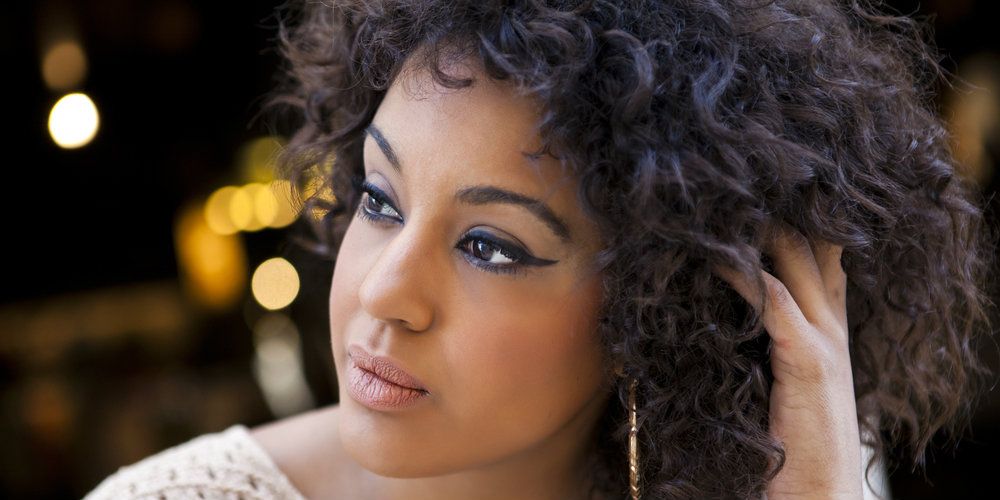Redefining Heartbreak: On the Intersection of Love and Black Womanhood

by Neisha M. Washington
“It’s not that I don’t want love. It’s just that I don’t know if I can survive it,” I said aloud, mentally perusing my internal rolodex of broken-hearted black women--their stories brimming with the grit and grief of a Toni Morrison novel. Too often many of us learn to recognize love by its absence, and I had seen my fair share of empty. Growing up love seemed like nothing more than a tool to kill and keep women alive. At this point I could count the number of love stories I’d seen on two hands while the cautionary tales accumulated without end.
There was Chastity who loved like a ghost---with enough passion to rattle the ancestors bones--- yet even she was found wanting. She naturally drew others in with her zest for life, yet even this whirlwind of a woman with passion and integrity could not guarantee commitment from another person. Then Sasha, a beautiful childhood omen, who reminds me of why I swore off love at 12. She gave all--- entrusting her mind, body, and soul to others. Her exploits exemplified why pretty doesn’t last long for poor women. I learned from her life that lovers will ruin your body, leaving you spread out and worn--perpetually staring off into the abyss. And finally, Ruth who is perhaps the most heartbreaking. Ruth would be the one who taught me the most about the intersections of love and blackness.
There are times in life when the body admits all those things the heart has made fact. Caught in one such pivotal moment, I watched my sister’s friend grapple with immense heartbreak. The mask, which has sustained so many of us through life’s challenges, finally slipped allowing her face to crumble under the weight of betrayal. I sensed that this moment symbolized more than a woman caught in romantic despair. Instead, I couldn’t help but feel I was witnessing a body grieving a lifetime of selfless giving yet receiving nothing in return. I sat wondering how things had arrived at this point. Ruth was supposed to escape the unholy obligation of black womanhood that deemed us bottomless pits of love and support. Ruth was supposed to finally get something back.
I cannot claim to have understood her meaning immediately. I didn’t want reject love. I didn’t want to glean the lessons from heartbreak and move forward. However, the intimacy of that private moment lingered with me. I began to realize that perhaps great authors such as Morrison were trying to convey a message with the complexity and irrevocable humanity of their stories. Perhaps those who came before us left powerful statements with their legacies. Maybe Morrison knew that a system of oppression seeps into every aspect of life--bending and twisting even the most sacred of emotions such as love. It is within such a context that the only redress is to acknowledge the ugly, the dark, and shaded areas of love and choose to redefine them.
All in all, the example of Ruth and the work of elders give essential lessons on navigating the misshapen segments of life and love. Do not forget the grit, the grime, or the distorted realities. Do not forget, but do not be defined by heartbreak. Instead, recraft, redesign, and redeem unfortunate situations by taking control of the person you wish to be in the midst of the storm. Ruth chose to reshape her heartbreak by shifting the story from a tragedy to triumph. She chose to acknowledge the love present in that moment, the love between two friends, women of color who sat before each other with open and honest faces. A revolution in itself.
Although I am still learning to hope for romantic relationships built on mutual trust and respect, I’ve discovered such beauty witnessing black women craft redemption from emotional letdowns. I cannot claim to have any answers, but perhaps love exists when it ceases to be a power play. Maybe love is just someone there to carry your soul and wash away the scarred bits when you can no longer hold it together. Maybe love surrounds us, and like Ruth we merely must look around and acknowledge its abundance. All in all, I am gratified to know that no matter how love presents itself I have the tools to write my own story.
Photo Credit: Shutterstock

No comments: